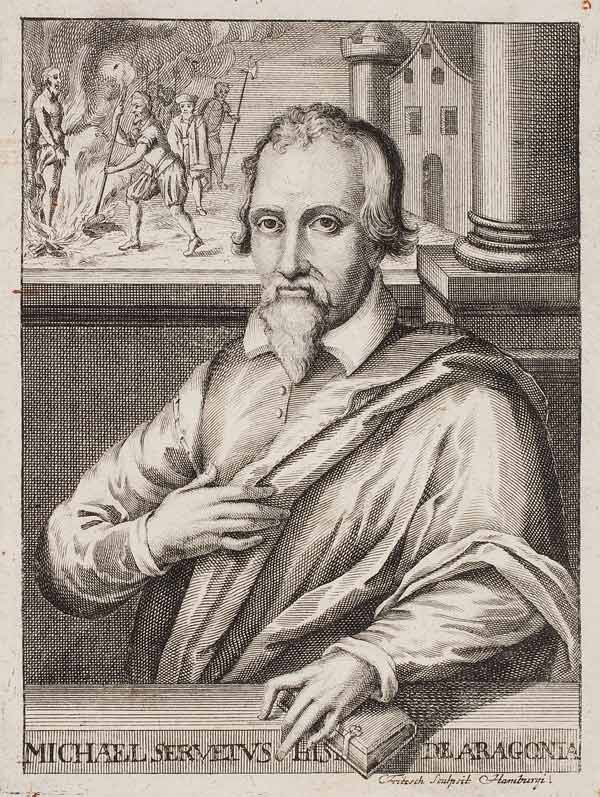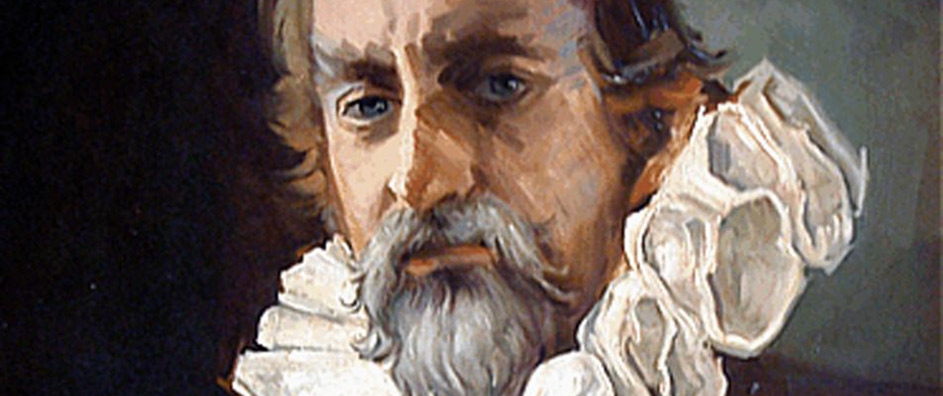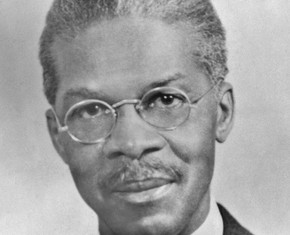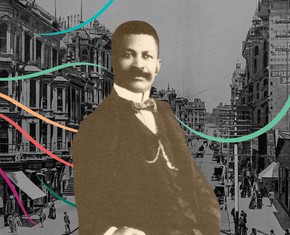The views expressed in our content reflect individual perspectives and do not represent the authoritative views of the Baha'i Faith.
In the Inquisition, in 1553, they made a pile of Michael Servetus’ books in Geneva, then they used them as a pyre to burn him at the stake.

Michael Servetus
Have you ever heard of this remarkable man? Michael Servetus was the first Unitarian, a famous Spanish theologian, physician, astronomer, mathematician and scientist known as Miguel Servet in Spain and Michael Servetus in the rest of Europe.
Also the first Westerner ever to map human pulmonary circulation, Servetus was a true polymath, brilliant in many different arenas of science, medicine, and theology. But sadly, he died a gruesome death in his 40s, a victim of religious fanaticism and prejudice.
Servetus, you see, had developed a “heretical view” of Christianity: he wrote that the concept of the trinity had come from the Greeks, not the Bible itself, and he used the Qur’an to prove it. Because he believed in the unitary nature of one God, he became known as the first Unitarian. He dismissed the idea of original sin. He rejected John Calvin’s doctrine of predestination, and said that everyone could aspire to heaven, not just a privileged few. In his theological treatise Dialogues on the Trinity, he affirmed that the manifestation of God and not some separate divine “person” was incarnated in Jesus. He rejected the Church’s insistence on calling Christ the “eternal Son of God,” but instead called him “the Son of the eternal God”—which were also his last words before he died.
In his worst heresy, influenced by the Muslims who lived in Spain during the 16th Century, Servetus wrote that the followers of Judaism and Islam both recognized the oneness of God, and encouraged Christians to follow that divine example. He wrote, in the preamble to his 1553 book The Restoration of Christianity:
There is nothing greater, reader, than to recognize that God has been manifested as substance, and that His divine nature has been truly communicated. We shall clearly apprehend the manifestation of God through the Word and his communication through the Spirit …
Servetus, with his unitarian philosophy and his Baha’i-like understanding of the essential commonality all religions share, spoke truth to power, challenged the dogmatic, dark age understandings prevalent in his day, and paid the ultimate price for those challenges.
At the time, John Calvin and other influential mainstream Christians managed to sentence Servetus to death for his writing and speaking—and now, Unitarians think of him as their first martyr. Today, in Spain and dozens of other Spanish-speaking countries, you’re likely to encounter something named after him, a Servetus Street or a Servet Square, in just about every city.
Some historians mark the end of the Inquisition at the execution of Servetus, because it generated widespread horror and aversion among the European populace, and ultimately led to a new era of religious tolerance that dawned during the Renaissance. Today Servetus symbolizes freedom of conscience and the independent search for truth; and many now believe that his work heavily influenced John Locke and Thomas Jefferson, and contributed extensively to the ideas of freedom and an unfettered conscience that found their way into the American Declaration of Independence and the Universal Declaration of Human Rights.
The Baha’i teachings embrace these ideas and treat them as sacred, elevating them to the position of foundational principles. The very first Baha’i principle—the unfettered, independent investigation of truth—means that every person should freely choose their own beliefs.
Baha’is also believe that no religion, and no sect or denomination of any religion, should ever be the cause of hatred or violence. Baha’u’llah outlawed force and coercion in any matter of faith, and said religious hatred, violence and warfare must cease. Abdu’l-Baha asked all unitarians—essentially everyone who believes in the existence of one Creator—to endeavor to remove the causes of religious prejudice, strife and hatred from amidst humanity:
The primary foundation of the faith of God and the religion of God is this, that they should not make diverse sects and various paths the cause and reason of hatred. These principles and laws and firm sure roads appear from one dawning-place and shine from one dayspring, and these diversities were out of regard for the requirements of the time, season, ages, and epochs. O unitarians, make firm the girdle of endeavor, that perchance religious strife and conflict may be removed from amongst the people of the world and be annulled. For love of God and His servants engage in this great and mighty matter. – Abdu’l-Baha, A Traveller’s Narrative, p. 42.
















Comments
Sign in or create an account
Continue with Googleor